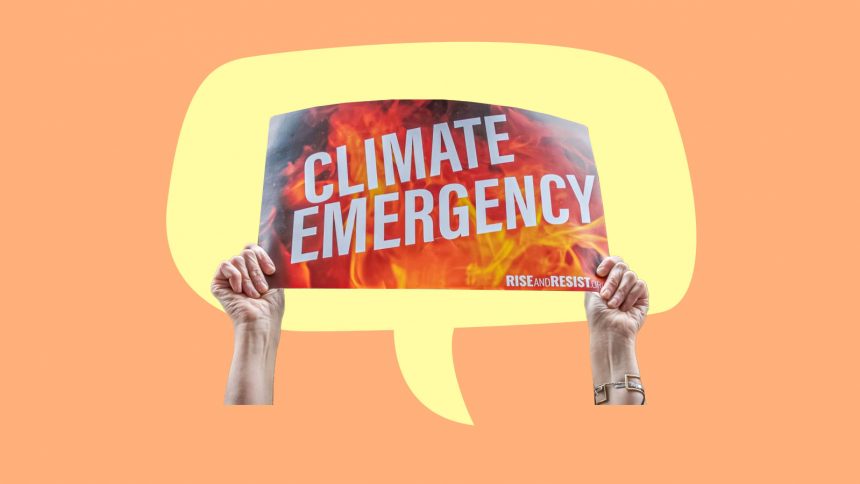Five years ago, a trend started among young people who began skipping school on Fridays to protest the increasing carbon emissions. Climate advocates noticed a disconnect with the commonly used terms like “climate change” and “global warming,” finding them too bland and understated. Activist Greta Thunberg urged for more descriptive terms like “climate breakdown” and “ecological crisis.” This shift in language was meant to increase public concern, but recent research suggests that terms like “climate crisis” and “climate emergency” may not be as effective as originally thought.
A study by the University of Southern California found that while a majority of US residents were concerned about “climate change” and “global warming,” fewer were concerned about phrases like “climate crisis” and “climate emergency.” The study’s lead author, Wändi Bruine de Bruin, attributes this to the novelty of the new terms which may not resonate with everyone. It appears that people are already concerned about climate change, and changing the terminology may not be the key to motivate further action.
Subsequent studies from New York University also suggest that compelling narratives and concrete information about climate consequences and solutions may be more effective than specific terminology in driving behavior change. Ultimately, people need more than just words to make them worried about climate change – they need actionable steps and role models to show them the way forward. Communication should focus on emphasizing that everyone is in this together in the fight against climate change.






